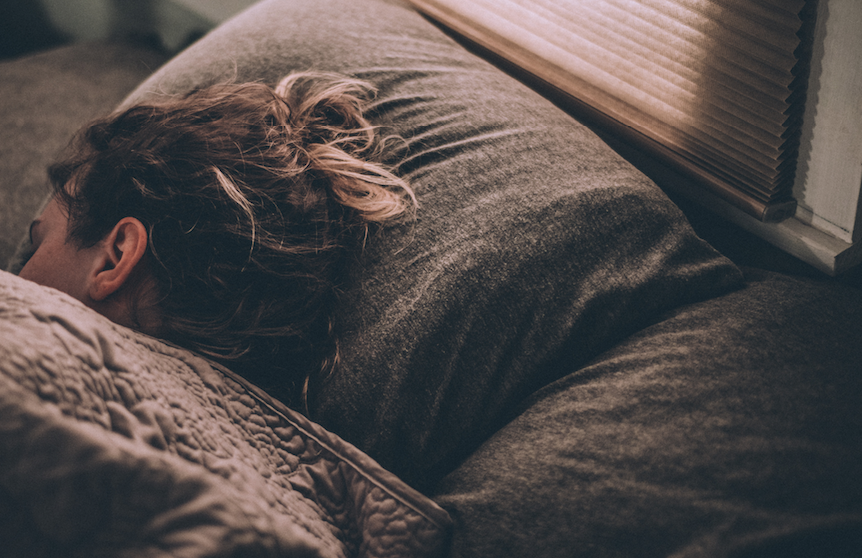Recharging your battery with sleep

The Centers for Disease Control and Prevention reports that 35.2% of adults in the U.S. get less than seven hours of sleep per night. This can be caused by a multitude of reasons including poor sleep hygiene, lifestyle choices, family obligations, sleep disorders, and other medical and mental health conditions. At Genesis, many women and children also report experiencing sleep disturbances such as difficulty falling asleep, waking throughout the night, and nightmares. It is common for survivors of domestic violence, and any trauma, to experience sleep concerns and sleep disturbances. The National Sleep Foundation recommends the following amount of sleep for each age group:
So what’s so important about getting enough sleep? In the world of occupational therapy, a health profession, rest and sleep play a major role in an individual’s ability to engage in daily activities. Getting the recommended amount of quality sleep is essential across the lifespan to participate in everyday roles and responsibilities whether it be school, work, or play. Research shows sleep insufficiency and sleep deprivation is linked to chronic diseases such as high blood pressure, obesity, and diabetes. Additionally, mood changes, feelings of anxiety, depression, stress, and irritability may arise. Also, a lack of sleep can reduce your productivity and overall quality of life.
Sleep is an essential tool to help your brain and body recover from everyday stressors such as job demands, raising children, or experiencing symptoms related to trauma. All of these stressors can take a toll on your health. Research shows that improving sleep can have a beneficial impact on your physical, emotional, and mental health. Your brain is actually working while you are sleeping to repair and prepare for the next day. Sleep helps to recharge your brain battery by promoting improved thinking, learning, memory, and attention. Getting a good night’s rest supports your immune system to prevent or limit infections leaving you refreshed and ready to take on the day.
Implementing healthy habits can help to improve your quality of sleep. Here are some ideas:
Set up your sleep-friendly space:
Create a healthy routine:
Practice good habits to prepare your mind and body:
We recommend trying these ideas and implementing it into your daily routine. One idea is to start out three times a week then build up until it becomes a habit. Hopefully these tips will help improve your overall rest and sleep!
For more information, visit:
Brochure about Occupational Therapy Services
American Academy of Sleep Medicine
American Sleep Association
Sleep Foundation
Written by Kristen Maravilla, OTD Student Intern at Genesis Women’s Shelter & Support.
